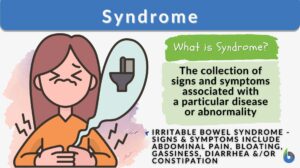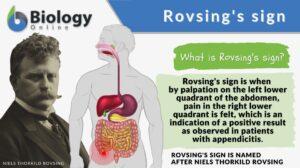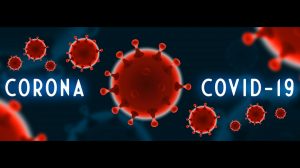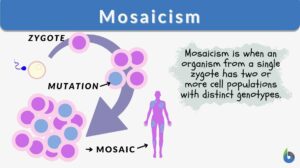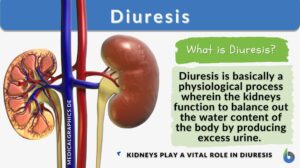Search Results for: diagnosis
Overview of Chirology
Psychodiagnostic Chirology (PDC) is a comprehensive diagnostic discipline applied by professional behavioral specialists in... Read More
Loose associations
Definition of Loose Associations When asked to define loose associations in psychology one can tell that it is a formal... Read More
Color Atlas & Synopsis of Clinical Dermatology
Color Atlas & Synopsis of Clinical Dermatology ... Read More
Rovsings sign
Rovsing's Sign Definition Rovsing's sign is when palpation on the left lower quadrant of the abdomen results in pain in the... Read More
coronavirus COVID-19
Coronavirus Disease 2019 (COVID-19) Coronavirus Disease 2019 (COVID-19) is a contagious coronavirus disease first detected... Read More
Capillary fragility test
Definition noun A tourniquet test that is used to determine vitamin C (ascorbic acid) deficiency or thrombocytopenia... Read More
Leukocytosis
What Is Leukocytosis? Leukocytosis is a condition wherein the number of White Blood Cells (WBCs) is increased above the... Read More
Thalassophobia
Among many psychological and psychiatric disorders, one is the fear of the ocean and the fear of deep water, which in... Read More
Giemsa stain
Definition noun A Romanovsky type of stain named after German chemist and bacteriologist Gustav Giemsa, and is often used in... Read More
Complement fixation test
Definition noun (immunology) A form of immunological test for the detection of the presence of either a particular antibody... Read More
Y chromosome
Y chromosome Definition The Y chromosome constitutes one member of the pair of sex chromosomes within an organism, a common... Read More
Crown of head
Crown of Head Definition The crown of the head is the upper dorsal part (or area) of the head. Several creatures have... Read More
Gorillas in our Midst – what it means
By Vicki Mozo Summary What's up with the gorilla on a basketball court perception test? If you have tried taking this... Read More
Subclinical infection
subclinical infection (Science: epidemiology) An infection in which symptoms are sufficiently mild or inapparent to escape... Read More
Isomaltose
Definition noun plural: isomaltoses i·so·mal·tose, aɪsoʊˈmɔːltəʊz A disaccharide formed from the combination of... Read More
Nervous colon syndrome
nervous colon syndrome (Science: syndrome) A common gastrointestinal disorder characterised by abdominal pain, bloating,... Read More
Skeletal system
What is the Skeletal System? How to define a skeleton? The skeletal system is the main framework that gives your body its... Read More
Ultrasound
ultrasound (Science: investigation) A type of imaging technique which uses high-frequency sound waves. This is highly... Read More
Psychological techniques
psychological techniques methods used in the diagnosis and treatment of behavioural, personality, and mental... Read More
Chorionic villus sampling
Chorionic villus sampling (CVS) is a form of prenatal diagnosis to determine genetic abnormalities in the fetus. It entails... Read More
Sex determination
Definition noun (1) (embryology) The developmental process in which the sex of a bipotential embryo is fixed or determined... Read More
Biuret test
In this article we will answer the following three questions: What is a Biuret Test? What does biuret test for? What is... Read More
Why Embryonic Stem Cell Use is Unethical
By Maria Victoria Gonzaga Embryonic Stem Cell research offers a remarkable way to treat various disorders where... Read More
Quinacrine banding
Definition noun (cytogenetics) A chromosome banding method that treats chromosomes with quinacrine dihydrochloride to reveal... Read More
Palmar crease
Definition noun, plural: palmar creases A crease or line on the palm Supplement The lines on the palm called palmar creases... Read More
Neuroscience
Definition noun The branch of science that deals with the nervous system, particularly structure, development, function,... Read More


